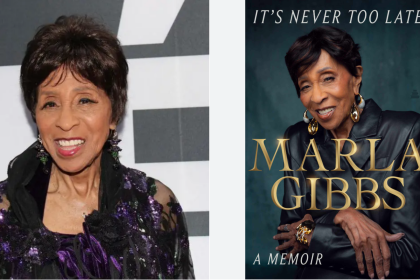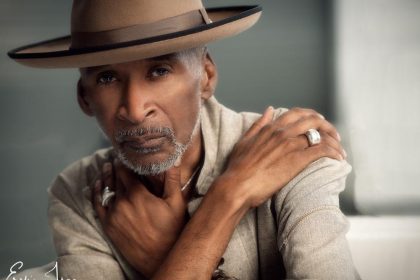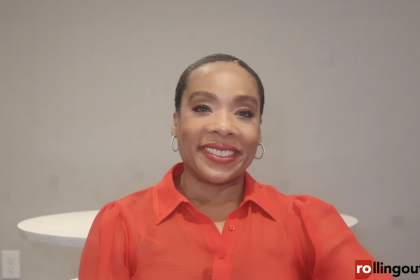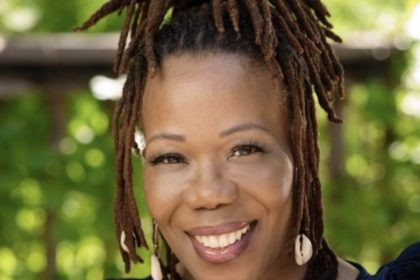Booker T. Washington’s impact on the African-American community was significant and will never be forgotten, according to Tyrene Wright, Ph.D. From developing and guiding the Tuskegee Institute to creating the National Negro Business League, the educator and philanthropist had a hand in what we see as Pan-Africanism today.
Wright is the author of Booker T. Washington and Africa: The Making of A Pan-Africanist.
Here, Wright talks in-depth about Washington’s work and how it still impacts what we do as a community today.
Tell us about your book.
It’s one of a kind. It revisits Booker T. Washington’s clandestine life and role in Africa and African affairs, never uncovered before. It discusses two major policy cases, the Liberian crisis and the African exclusion measure that so many don’t know about. We know about the Asian exclusion measure and all these bills, but we don’t know about the African exclusion measure and who debunked it, destroyed it, and opened the United States to Pan-African interactions here, and that was Booker T. Washington.
What should people know about Pan-Africanism?
It’s important because of our condition. The definition of Pan-Africanism is unity for the purpose of eradicating oppression and exploitation. We still have that condition throughout the world, on the African continent, in the United States, throughout the diaspora, and we are still exploited and marginalized. That’s our common cause to come together. When we come together and focus on our condition and eradicating oppression and exploitation, that, in and of itself, is Pan-Africanism. Not just us coming together, but coming together with that one singular purpose and focus, and that’s what we do when it comes to Black business. I talked about independence through industry, and that was the path that Booker T. Washington promoted.
What do you want people to take away from your book?
Give your energy to us and move with purpose. Give some time to the struggle and give some time to come together to deal with our condition, and remedy our condition. The other thing is the concept of independence through industry. The book tells a story about the Tuskegee model and Washington’s role in Africa. As a historian, author, and publisher, I had to make some decisions [about] when I published that book, and I put that in practice.
Whenever you understand a concept, the next step is to put it into practice. I put it into practice, and I made this a book about the people and not necessarily about the academy. Talking to other intellectuals, I made it a book about our people and a book that was about us doing what was beneficial to us. The last thing is to take care of yourself. You can’t be good to us if you’re not good to yourself.
















